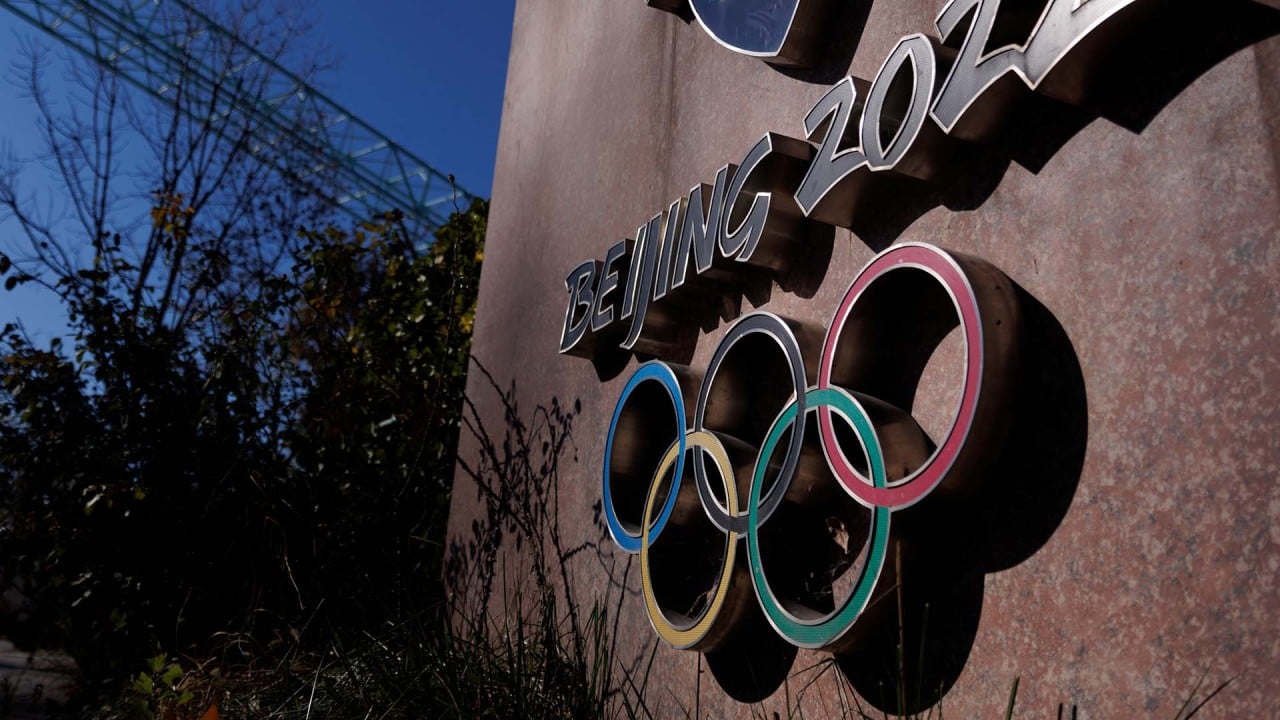Winter Olympics: China, having learned the game as 2008 host, now plays by its own rules
- For these Games, the International Olympic Committee needs Beijing; 14 years ago, China needed the IOC to showcase itself on the global stage
- One thing hasn’t changed: human rights remain front and centre. ‘Xinjiang is the Tibet of 2008,’ says an expert in Chinese sports

In the intervening 14 years, China’s gross domestic product and military budget have tripled, disposable income has increased sevenfold and its diplomatic corps has become the world’s largest.
One thing hasn’t changed, however. Controversy over human rights remains front and centre – even if the spotlight has shifted.
“Xinjiang is the Tibet of 2008,” said Susan Brownell, an anthropologist and Chinese sports expert at the University of Missouri, St Louis. “The lessons they learned from Tibet in 2008, they’re taking forward and applying to Xinjiang in 2022.”
Reports of some 1 million ethnic Uygurs being used for forced labour and held in camps in Xinjiang, which China characterises as employment centres, have spurred a diplomatic boycott of the Games by the US, European Union, Australia and Canada after sanctions imposed by the four last year over Xinjiang and Hong Kong.
One lesson China has learned, analysts say: draw a thicker line between what you can and cannot control.
